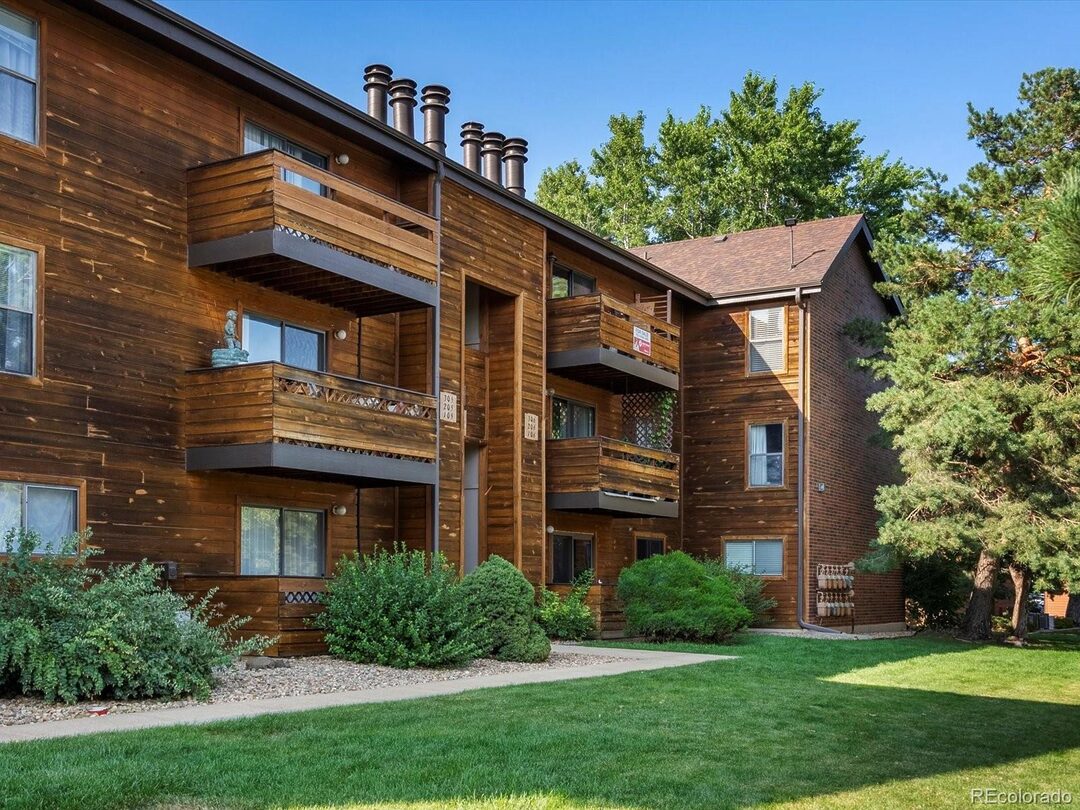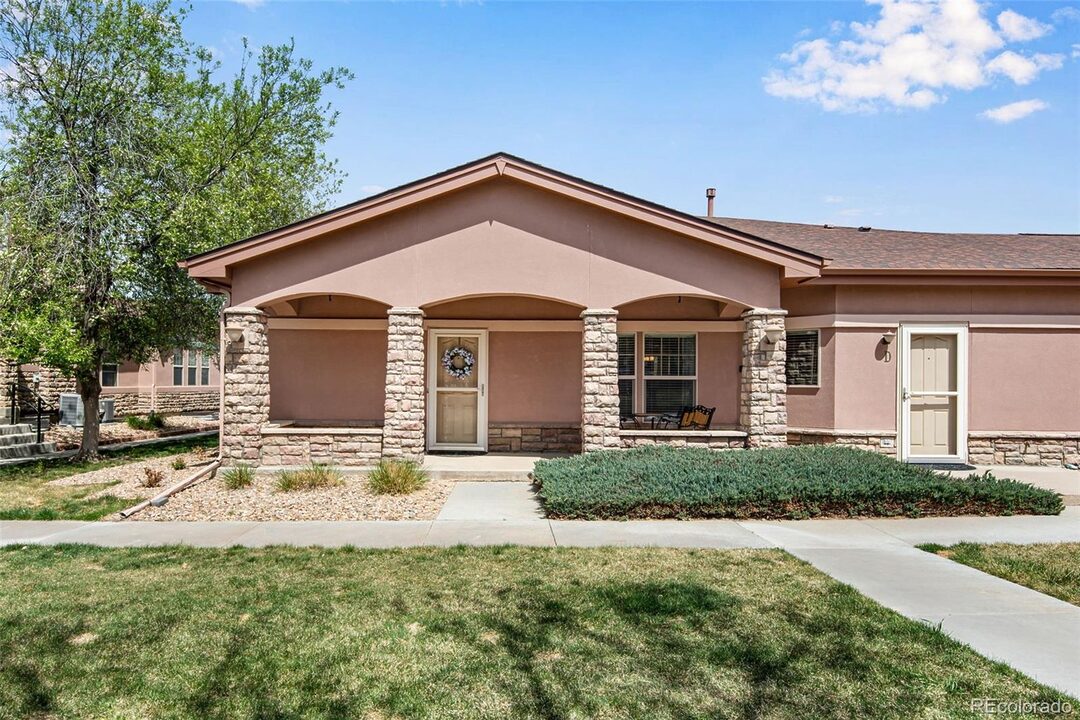Contents
- 1 Why don’t more people offer How do you negotiate inspection requests, appraisal gaps, and closing costs??
- 2 TL;DR: House buying and selling involves negotiation. This article will help you navigate tricky negotiations like inspection requests, appraisal gaps, and closing costs. We’ll use examples specific to the Arvada and Highlands areas of Colorado to help you understand.
- 3 It’s Your Home: Negotiating Like a Pro!
- 4 Checking it Out: How to Handle Inspection Requests
- 5 Is It Worth It? Dealing with Appraisal Gaps
- 6 The Final Bill: Understanding Closing Costs
- 7 Summary: Putting It All Together
- 8 More on How do you negotiate inspection requests, appraisal gaps, and closing costs?…
You’ll love How do you negotiate inspection requests, appraisal gaps, and closing costs? and 5320 W 66th Avenue, Arvada, CO in Highlands
Why don’t more people offer How do you negotiate inspection requests, appraisal gaps, and closing costs??
Okay, here’s a revised version of your text, aiming for a more encouraging and positive tone:
Negotiating for a Win-Win:
Before closing, there are often opportunities to work with the seller to address any concerns discovered during inspections. You might request that the seller take care of specific repairs, or you could negotiate a price reduction that allows you to handle the improvements yourself. The goal is to find a solution that feels fair and comfortable for everyone.
When the Appraisal is Lower Than Expected:
It’s not uncommon for an appraisal to come in lower than the agreed-upon price. Don’t worry – this doesn’t necessarily mean the deal is off! It simply opens up a new avenue for collaboration. Here are some possibilities:
- A Revised Agreement: The seller might be willing to lower the price to match the appraisal.
- Increased Investment: You could choose to increase your down payment to cover the difference.
- Finding Common Ground: Often, a compromise can be reached where both parties contribute, ensuring a successful outcome.
Creative Solutions: If you absolutely love the home, explore creative solutions! You could offer to pay a slightly higher price in exchange for the seller covering your closing costs, for example.
Understanding the Appraisal Process: Remember, a licensed appraiser uses comparable sales (“comps”) in the area to determine the fair market value of the home. This process ensures that the price reflects the realities of the local market.
Key Changes and Why:
- Positive Framing: Replacing phrases like “You can ask” with more action-oriented language.
- Focus on Collaboration: Emphasizing “win-win,” “common ground,” and “working with the seller.”
- Reassurance: Addressing concerns directly with phrases like “Don’t worry” and “It’s not uncommon.”
- Emphasis on Solutions: Highlighting multiple options and creative approaches.
- Empowering Language: Encouraging buyers to explore options and find solutions that work for them.
Overall: This revised version aims to make the negotiation process feel less daunting and more like a collaborative problem-solving exercise. It focuses on the potential for positive outcomes and empowers buyers to take an active role in achieving their homeownership goals.
Okay, here’s a blog post designed for a 7th-grade reading level, using Markdown formatting and focusing on negotiating in real estate transactions in the Arvada, CO and Highlands areas.
Real Estate Deals: Getting What You Want (Without Breaking the Bank!)
Ever wonder how adults buy houses? It’s not just about finding the perfect place; it’s also about negotiating. Think of it like trading Pokémon cards, but with a lot more money involved! If you’re thinking about buying or selling a home in Arvada or the Highlands, Colorado, this guide will help you understand how to handle some tricky parts: inspections, appraisals, and closing costs.
It’s Your Home: Negotiating Like a Pro!
Buying or selling a house is a big deal, and it’s okay to want the best deal possible. Negotiation is just talking about what you want and seeing if you can come to an agreement. Let’s break down some common situations.
Checking it Out: How to Handle Inspection Requests
What’s an Inspection?
Imagine you’re buying a used bike. You’d want to make sure the brakes work, the tires aren’t flat, and the chain isn’t rusty, right? A home inspection is the same thing, but for a house! A professional inspector checks the house for problems like a leaky roof, bad wiring, or a cracked foundation.
Finding Problems and Asking for Repairs
After the inspection, you get a report. If the inspector finds problems, you (the buyer) can ask the seller to fix them.
- Example: The inspection reveals a leaky faucet and a cracked window in an Arvada home.
- Negotiation: You can ask the seller to fix both before closing, or you might ask them to lower the price of the house so you can fix it yourself. You could also agree to fix the leaky faucet yourself, but they agree to repair the window.
- Important Note: Sellers aren’t always required to fix everything. It depends on what was agreed upon in the original contract. They might say “no” or offer a compromise.
Specific examples of inspection negotiations
- Plumbing: “The inspector found a leaky pipe under the kitchen sink. I’d like the seller to hire a licensed plumber to repair the leak before closing.”
- Electrical: “There are several outlets in the living room that aren’t working. I’d like a qualified electrician to inspect and repair these outlets to ensure they’re up to code.”
- Roofing: “The inspection revealed some damaged shingles on the roof. I’d like the seller to repair or replace the damaged shingles to prevent leaks.”
Is It Worth It? Dealing with Appraisal Gaps
What’s an Appraisal?
An appraisal is like getting a professional opinion on how much the house is really worth. A licensed appraiser looks at similar homes that have recently sold in the area (called “comps”) to determine the value of the house you want to buy.
When the Appraisal is Lower Than the Price
Sometimes, the appraisal comes in lower than what you agreed to pay for the house. This is called an “appraisal gap.” It can happen if the market is changing quickly, or if you offered more than the house is truly worth.
- Example: You agreed to buy a house in the Highlands for $500,000, but the appraisal says it’s only worth $480,000. That’s a $20,000 gap!
- Negotiation:
- Ask the Seller to Lower the Price: This is the most straightforward solution. If the seller is willing, they can lower the price to match the appraisal.
- Increase Your Down Payment: You could pay the $20,000 difference yourself. This means you’re putting more money down upfront.
- Meet in the Middle: You and the seller could split the difference. Maybe you pay $10,000 extra, and the seller lowers the price by $10,000.
Appraisal Gap Tips
- Research Comps: Before making an offer, look at recent sales of similar houses in the area. This will give you a better idea of what the house is really worth. Your real estate agent can help you.
- Appraisal Contingency: Make sure your offer includes an appraisal contingency, so you can back out of the deal if the appraisal is too low.
The Final Bill: Understanding Closing Costs
What are Closing Costs?
Closing costs are fees you pay at the very end of the house-buying process. They cover things like the lender’s fees, title insurance, and taxes.
Negotiating Closing Costs
Sometimes, you can negotiate who pays for certain closing costs.
- Example: You’re buying a house in Arvada, and the closing costs are $10,000.
- Negotiation:
- Ask the Seller to Pay: You can ask the seller to pay for some or all of your closing costs. This is more common in a buyer’s market (when there are more houses for sale than buyers).
- Offer a Higher Price: You could offer to pay a slightly higher price for the house if the seller agrees to cover your closing costs. This might be useful in a seller’s market.
- Look for Lender Credits: Some lenders offer credits that can help lower your closing costs. Ask your lender about this.
Closing Cost Considerations
- Be Clear: Ensure the terms of the agreement are explicitly outlined in the purchase agreement.
- Get a Good Agent: A seasoned agent knows the tricks, tools, and common agreements made in these markets.
Summary: Putting It All Together
Buying a home, particularly in competitive areas like Arvada and the Highlands, Colorado, involves more than just finding the right property. It’s also about navigating the negotiations around inspections, appraisals, and closing costs to get the best possible deal. After a home inspection reveals problems, buyers can negotiate with sellers for repairs, price reductions, or a combination of both. Remember, sellers aren’t always required to fix everything, so flexibility is key.
An appraisal gap occurs when the home’s appraised value is lower than the agreed-upon purchase price. In such cases, negotiations can involve the seller lowering the price, the buyer increasing their down payment, or a compromise where both parties meet in the middle. Finally, closing costs, which cover various fees at the end of the home-buying process, are also negotiable. Buyers can ask sellers to cover some or all of these costs, offer a slightly higher purchase price in exchange, or seek lender credits to help lower expenses. By understanding these negotiation tactics and keeping the lines of communication open, both buyers and sellers can achieve a successful and mutually beneficial outcome in the real estate transaction.
More on How do you negotiate inspection requests, appraisal gaps, and closing costs?…
- Okay, here’s an exhaustive list of SEO keywords, one per line, related to the provided topics. I’ve tried to be comprehensive and include long-tail keywords, local terms, and variations in phrasing.
- Keywords Related to Negotiation (Inspection, Appraisal, Closing Costs):
- Negotiating inspection requests
- Negotiating appraisal gaps
- Negotiating closing costs
- Real estate negotiation strategies
- Home buying negotiation tips
- Seller concessions negotiation
- Inspection contingency negotiation
- Appraisal contingency negotiation
- Closing cost negotiation techniques
- How to negotiate home repairs after inspection
- Negotiating repair requests as a buyer
- Negotiating repair requests as a seller
- Dealing with appraisal shortfalls
- What to do when appraisal is low
- Overcoming appraisal gap in real estate
- Strategies for covering appraisal gap
- Who pays closing costs buyer or seller
- Ways to reduce closing costs
- Closing cost credits negotiation
- Negotiating closing costs with seller
- Real estate negotiation tactics
- Best negotiation strategies for home buyers
- Effective negotiation skills for real estate
- Inspection objection negotiation
- Negotiating real estate contract
- Real estate negotiation process
- Contingency removal negotiation
- Negotiating after home inspection
- Home inspection negotiation tips
- Appraisal gap coverage strategies
- Seller help with closing costs
- Closing cost assistance negotiation
- Negotiating real estate after inspection report
- Dealing with appraisal issues during closing
- How to handle appraisal contingencies
- Real estate negotiation for beginners
- First time home buyer negotiation
- Negotiating home price and closing costs
- Home inspection repair negotiation tactics
- Appraisal waiver negotiation
- Closing cost negotiation tactics
- Negotiating with a seller after inspection
- Negotiating closing costs with a builder
- Can I negotiate closing costs?
- How to successfully negotiate inspection requests
- How to negotiate appraisal gaps effectively
- Best practices for negotiating closing costs
- Negotiating repairs after inspection walkthrough
- Negotiating home inspection items
- Appraisal gap solutions for buyers
- Closing cost negotiation help
- Strategies for lowering closing costs
- Appraisal came in low what to do
- Negotiating contingencies in real estate
- Real estate contract negotiation strategies
- How to negotiate repairs on a house
- Real estate purchase agreement negotiation
- Negotiating closing date
- Seller contribution to closing costs negotiation
- Keywords Related to 5320 W 66th Avenue, Arvada, CO:
- 5320 W 66th Avenue Arvada CO
- 5320 W 66th Ave Arvada
- 5320 West 66th Avenue Arvada Colorado
- Homes for sale 5320 W 66th Avenue Arvada CO
- Real estate 5320 W 66th Avenue Arvada CO
- Zillow 5320 W 66th Avenue Arvada CO
- Redfin 5320 W 66th Avenue Arvada CO
- Trulia 5320 W 66th Avenue Arvada CO
- 5320 W 66th Avenue Arvada CO property details
- 5320 W 66th Avenue Arvada CO price
- 5320 W 66th Avenue Arvada CO listing
- Homes near 5320 W 66th Avenue Arvada CO
- Real estate Arvada CO
- Arvada CO real estate market
- Arvada CO homes for sale
- Arvada CO property values
- West Arvada real estate
- Homes for sale in West Arvada
- Arvada CO real estate agent
- Arvada CO realtor
- Arvada CO house prices
- Arvada CO property for sale
- Living in Arvada CO
- Arvada CO neighborhood information
- Real estate market in Arvada Colorado
- Arvada Colorado homes
- Arvada Colorado real estate
- Arvada Colorado realtor
- Arvada Colorado real estate market
- Houses for sale Arvada Colorado
- Property for sale in Arvada Colorado
- Arvada Colorado property
- West 66th Avenue Arvada CO
- Homes for sale on West 66th Avenue Arvada CO
- Houses on West 66th Avenue Arvada CO
- Combined Keywords (Negotiation + Location):
- Negotiating inspection requests Arvada CO
- Negotiating appraisal gaps Arvada CO
- Negotiating closing costs Arvada CO
- Arvada CO real estate negotiation tips
- Home buying negotiation Arvada CO
- Inspection negotiation Arvada CO
- Appraisal gap Arvada CO
- Closing costs Arvada CO
- Real estate attorney Arvada CO negotiation
- Home inspection Arvada CO negotiation
- Real estate agent negotiation Arvada CO
- Negotiating home price in Arvada CO
- Tips for negotiating closing costs in Arvada CO
- Arvada CO negotiating inspection repairs
- Negotiating after inspection in Arvada CO
- Arvada CO appraisal contingency
- Negotiating closing costs Arvada Colorado
- Note:** This list is designed to be comprehensive. Depending on your specific needs, you might want to focus on a subset of these keywords. Also, keyword research tools (like Google Keyword Planner, Ahrefs, Semrush, etc.) can provide even more specific and data-driven suggestions. Remember to consider search intent when using these keywords. Good luck!









